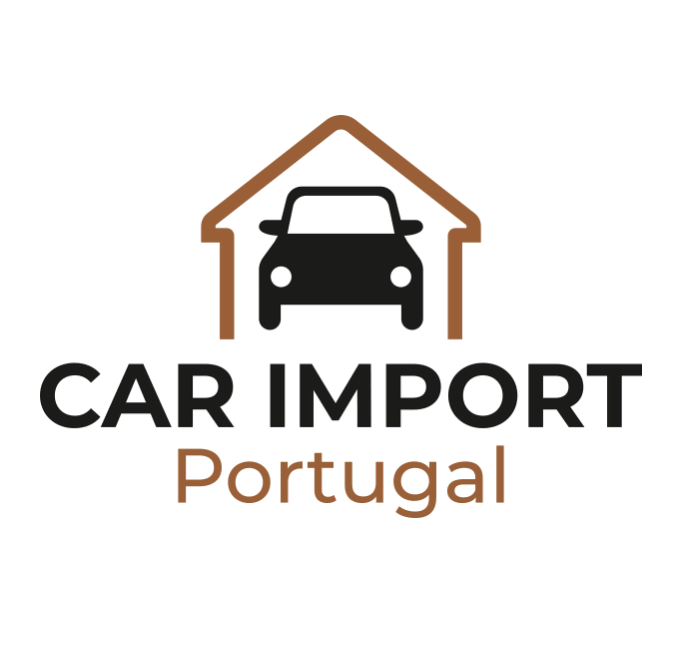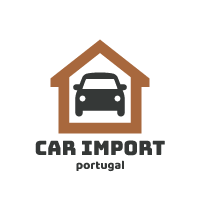This car import was straightforward. The customer contacted us to help bring his 2015 Volkswagen Polo from Spain to Portugal. Although he had lived in Spain on and off, he hadn’t been there for some time. As a result, the car had to be imported with taxes.
Initially, he preferred to avoid taxes, but we explained that for smaller cars, the tax cost is often offset by the lower service fees. This is because an import with taxes requires significantly less paperwork and is usually much faster.
Importing with Taxes: The Cheaper Option
For this small car, the import tax was only around €120. When dealing with smaller vehicles (with engine sizes between 1.0L and 1.4L), importing with taxes can often be the more cost-effective option. If you’re unsure, we’re happy to help you calculate the best route for your car import.
Plan B for the COC
Obtaining the Certificate of Conformity (COC) turned out to be a challenge. Despite the customer’s best efforts, Volkswagen in Spain didn’t respond to provide the document.
Fortunately, we have a backup solution: we can arrange a substitute for the COC through an engineer. This option is often cheaper than ordering the document directly from the manufacturer. However, if you can obtain the COC for free, that remains the best choice.
Meeting the Deadline
Time was tight for this import. The customer was planning to travel out of the country and needed the process completed quickly to avoid having to renew his Spanish insurance unnecessarily. We were able to fast-track the import process, ensuring the customer received the DAV (proof of vehicle registration approval) before his departure.
Final Steps: Registration
As of now, the car’s registration is being finalized by IMT. When the customer returns to Portugal, he will find his DUA (Portuguese vehicle registration certificate) waiting in his mailbox, and his car will be fully registered and ready to drive.
Key Takeaways
- For smaller cars, importing with taxes can be more affordable than opting for a tax-free process due to reduced paperwork and lower service fees.
- If you’re pressed for time, we can arrange a COC substitute through an engineer. This solution is quick, often taking less than a day.

![This car import was straightforward. The customer contacted us to help bring his 2015 Volkswagen Polo from Spain to Portugal. Although he had lived in Spain on and off, he hadn’t been there for some time. As a result, the car had to be imported with taxes. Initially, he preferred to avoid taxes, but we […]](https://carimportportugal.com/wp-content/uploads/sites/100/Polo.png)
